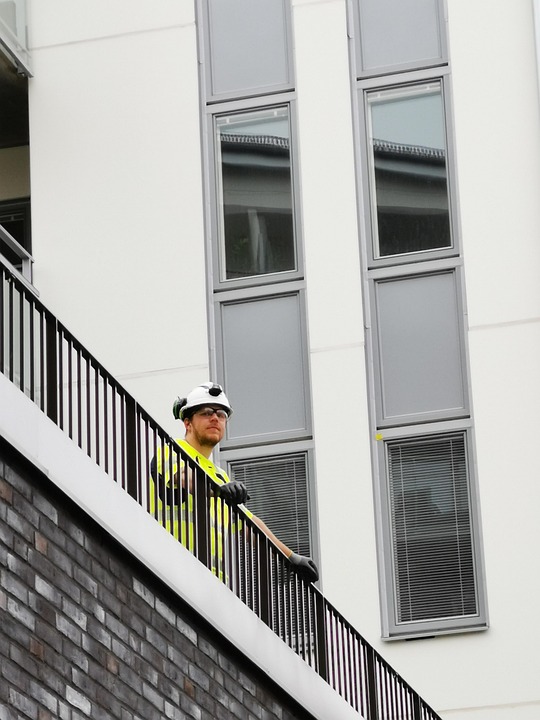Essential Inspector Interview Guides: Mastering the Art of Effective Interviews in the UK
When it comes to conducting interviews, particularly in the realm of inspections, one must appreciate the nuances that distinguish a good interview from a great one. The UK, with its rich tapestry of cultures and industries, demands a tailored approach. Let’s delve into the essential aspects that can elevate your interviewing prowess.
Understanding the Role
-
The Inspector’s Mandate: Before embarking on the interview journey, it’s crucial to grasp the fundamental responsibilities of an inspector. Whether you’re dealing with health and safety, environmental concerns, or regulatory compliance, the stakes are high. Knowing the ins and outs of the role helps frame the questions you need to ask.
-
Legal and Ethical Considerations: In the UK, abiding by legal frameworks is non-negotiable. Familiarity with relevant legislation not only ensures compliance but also builds rapport with interviewees. Demonstrating awareness of their rights and your responsibilities fosters an atmosphere of trust and transparency.
Crafting the Perfect Questions
The art of questioning can make or break an interview. Thoughtfully constructed questions guide the conversation, unearthing valuable insights.
-
Open-Ended vs. Closed Questions: A balance is vital. Open-ended questions encourage expansive responses, while closed questions help confirm specific details. For instance, asking “Can you describe your experience with safety protocols?” invites dialogue, whereas “Did you follow the safety guidelines?” seeks affirmation.
-
The Power of Probing: Don’t shy away from digging deeper. If an interviewee provides a vague answer, a well-placed follow-up can lead to revelations. “Can you elaborate on that?” or “What challenges did you face?” can unlock a treasure trove of information.
Building Rapport
Creating a comfortable environment is essential for eliciting genuine responses.
-
Active Listening: This is more than just hearing words; it’s about understanding context and emotion. Nodding, maintaining eye contact, and summarising what you’ve heard shows respect and encourages openness.
-
Empathy and Patience: Each interviewee brings their own story. Acknowledging their experiences with empathy can lead to a more fruitful discussion. After all, an inspector’s role is not merely to evaluate but to support and guide.
Mastering Non-Verbal Cues
Body language speaks volumes, often conveying more than words ever could.
-
Reading the Room: Be attuned to subtle cues – crossed arms might indicate defensiveness, while a relaxed posture suggests comfort. Adapting your approach based on these signals can enhance communication.
-
Your Own Body Language: Present yourself as approachable. A warm smile, an open stance, and a calm tone can set the stage for a productive exchange.
Reflect and Adapt
Post-interview reflection allows for continuous improvement.
-
Self-Assessment: Take a moment to evaluate your performance. What went well? What could you have done differently? This introspection is vital for honing your skills.
-
Feedback Loop: If possible, solicit feedback from colleagues or even interviewees. Constructive criticism can illuminate blind spots and lead to greater effectiveness in future interactions.
While the intricacies of conducting inspections can be daunting, mastering the art of effective interviews transforms this challenge into an opportunity for growth and insight. By honing your questioning techniques, building rapport, and adapting to the dynamics of each interview, you not only fulfil your duties but also contribute positively to the broader landscape of your field.
In the spirit of continuous improvement, CVPortal remains committed to providing you with a wealth of high-quality CV references, ensuring you’re well-equipped for every professional encounter.


